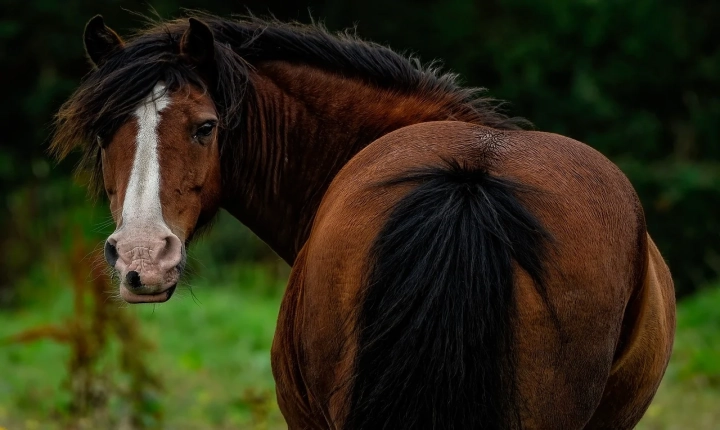Title: Exploring the Boundaries of AI: Is AI Capable of Creative Responses?
Introduction
Artificial Intelligence (AI) has made tremendous advancements in recent years, raising questions about its potential to exhibit creativity. While AI is often associated with its ability to perform tasks with speed and accuracy, the question of whether AI can truly demonstrate creative responses remains a topic of debate. This article aims to explore the current capabilities of AI in creative endeavors and the challenges it faces in replicating human creativity.
Defining Creativity in AI
Creativity is a complex and multifaceted human trait that involves the ability to generate novel and valuable ideas or solutions. It encompasses originality, imaginative thinking, and the synthesis of diverse concepts. In the context of AI, replicating creativity requires the system to go beyond predefined rules and data to produce genuinely innovative and unexpected outcomes.
AI in Creative Fields
AI has been increasingly utilized in creative fields such as art, music, literature, and design. For example, AI-generated artworks have gained attention in the art world, with algorithms creating visually striking pieces that challenge traditional notions of creativity. In addition, AI has been used to compose music, write poetry, and even design products, raising questions about the nature of creativity in these contexts.
The Turing Test and Creativity
The Turing Test, proposed by Alan Turing, traditionally measures an AI’s ability to exhibit intelligent behavior indistinguishable from that of a human. While the concept has been predominantly associated with intelligence, some researchers suggest that a variant of the Turing Test could be used to evaluate an AI’s capacity for creative expression. This poses the challenge of devising a test that can assess not just the fluency and coherence of AI-generated content, but also its originality and inventiveness.
Challenges Facing AI in Creativity
One of the key challenges facing AI in replicating human creativity is its reliance on existing data and patterns. While AI systems can analyze and mimic existing creative works, they may struggle to produce truly novel and groundbreaking ideas that push the boundaries of conventional creativity. Additionally, AI lacks the emotional and experiential depth that often underpins human creative expression, making it difficult for AI to replicate the deeply personal and subjective nature of creativity.
Ethical and Philosophical Implications
The emergence of AI-generated creative content raises ethical and philosophical questions about the nature of creativity, authorship, and the role of human creators. As AI becomes increasingly capable of producing content that resembles human creativity, questions of attribution, ownership, and the intrinsic value of human creativity come to the forefront. Moreover, the implications of AI-generated content for society’s cultural and artistic landscape are yet to be fully understood.
Conclusion
AI has made significant strides in replicating creative processes, but questions remain about its ability to truly embody human creativity. While AI can generate impressive outputs and assist in creative tasks, the essence of human creativity, with its deep emotional and experiential underpinnings, is challenging to replicate. As AI continues to evolve, the exploration of its capabilities in creative endeavors remains a fascinating and complex area of study, with profound implications for the future of creativity and AI-human collaboration.
